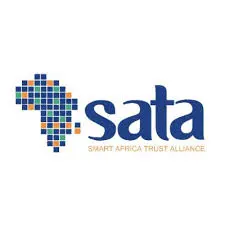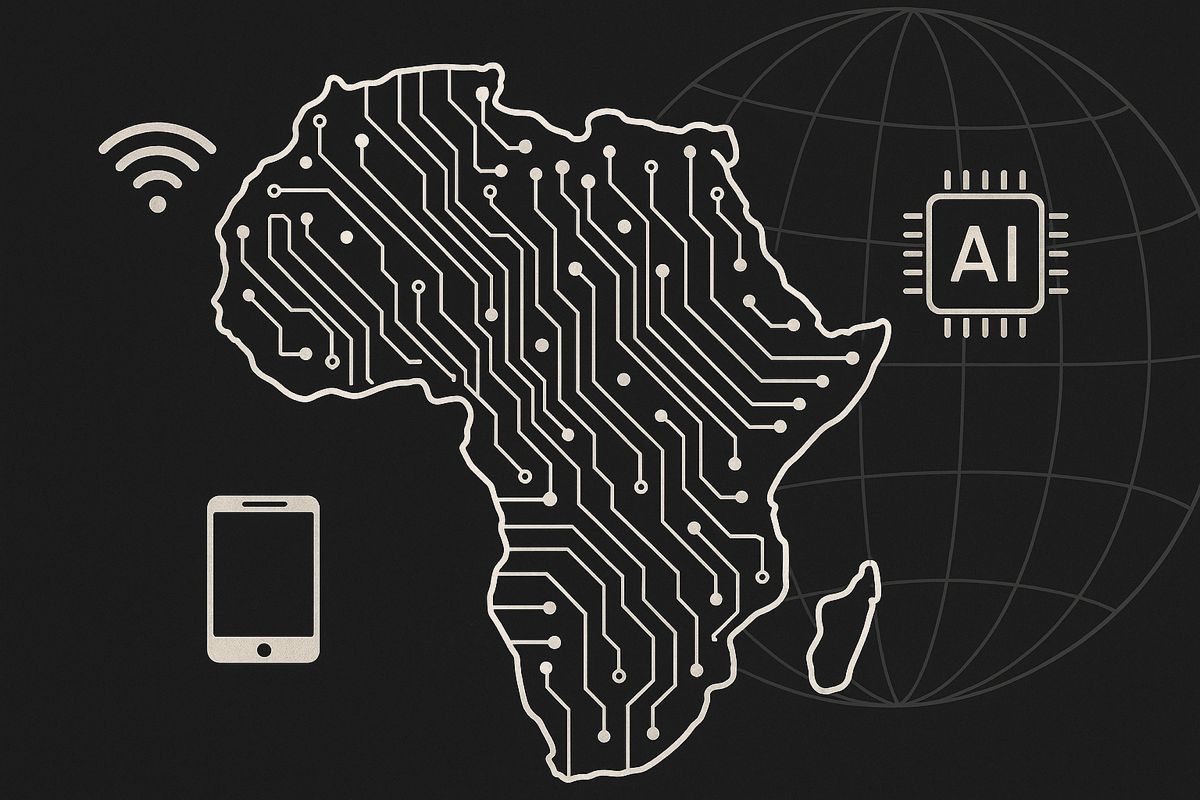Smart Africa is driving an empowered vision to super-charge the continent’s digital transformation. At its core is the goal of universal connectivity, aiming to bridge both the “usage gap” and the “coverage gap” that limit access for millions. Currently, only 46% of Africans are connected to the internet, and around 15% lack infrastructure altogether.
What’s Happening & Why This Matters
Lacina Koné, CEO of Smart Africa, highlights that connectivity is the foundation of all digital progress. But simply laying cables or launching satellites isn’t enough. Affordable smart devices, local content, and cybersecurity awareness are critical in turning infrastructure into meaningful usage.
Beyond connectivity, Smart Africa focuses on building a robust digital ecosystem, including AI-native data centers tailored to support the continent’s growing artificial intelligence needs. Koné insists that private sector investment must lead infrastructure development, with governments creating a conducive environment through clear, innovation-friendly regulations.
The launch of the Africa AI Council further reflects this forward-thinking approach. Rather than chasing the “most powerful AI,” the council prioritizes the “most useful AI” for sectors like agriculture, education, and healthcare. This pragmatic vision leverages Africa’s rich human capital to apply AI where it truly makes an impact.
Connecting the Continent: Challenges & Solutions

Addressing the usage gap means overcoming hurdles beyond infrastructure. Many Africans cannot afford smartphones or access local-language content, and cybersecurity concerns keep users wary. Smart Africa is tackling these barriers by promoting digital literacy and tailored content that resonates locally.
New technologies like low-Earth-orbit (LEO) satellites hold promise for closing the coverage gap. Koné is optimistic that these advances could one day provide 100% coverage across Africa. Yet, bridging the gap between coverage and actual usage remains the bigger challenge.
Smart Africa also emphasizes sustainable cyber capacity building. At the 2025 Global Conference on Cyber Capacity Building (GC3B), Koné collaborated with global partners like the Netherlands to promote inclusive digital security and resilience.
Private Sector’s Role and Policy Innovation
Koné stresses the private sector must be at the forefront because infrastructure investment is a business, not charity. Governments should create transparent regulations and safeguards that encourage innovation while ensuring security.
“Whether or not the government acts, private investment is inevitable because infrastructure is existential,” he says. Governments play a critical role in guaranteeing universal access so no one is left behind.
Smart Africa’s approach encourages partnerships that blend public oversight with private dynamism, creating a scalable model for digital transformation.



TF Summary: What’s Next
Smart Africa is paving the way for a digitally connected and AI-empowered continent. With a focus on closing connectivity gaps, fostering AI innovation, and promoting inclusive cyber resilience, the future looks promising.
The success depends on aligning government policies, private investment, and human capital development. As the continent enters its next growth phase, its people and businesses are harnessing technology to improve everyday lives and accelerate sustainable growth.
— Text-to-Speech (TTS) provided by gspeech


